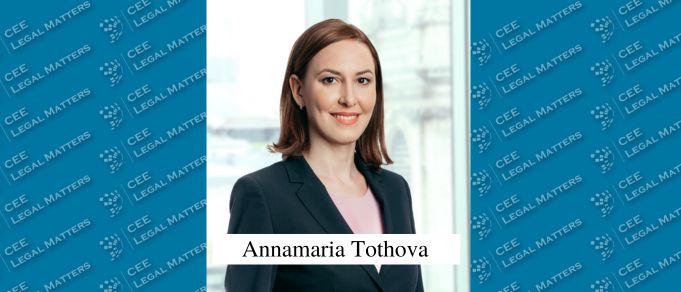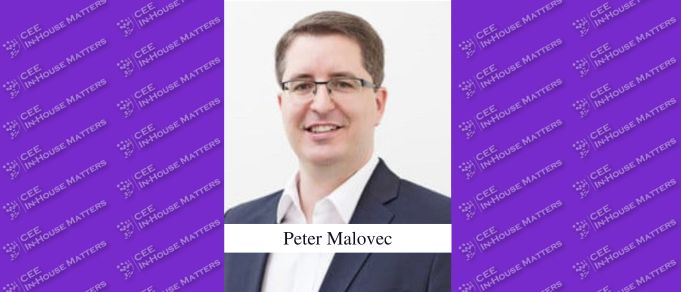Legal AI developments, the impact of whistleblowing legislation, and the potential for a shorter work week keep lawyers talking in Slovakia, while a slowdown in legislative activity has them worried, according to Eversheds Sutherland Partner Annamaria Tothova.
“AI holds great potential for the future of law firms and lawyers,” Tothova begins. “It can streamline processes and potentially allow us to handle more work in less time. There’s even hope that some lawyers might actually get to have free time.” Still, there are significant challenges ahead, she notes, among them “the issue of trust in the accuracy of AI-generated text. And law firms are aware that relying solely on external AI services may not be the best approach, as it involves sharing sensitive information and know-how.” Consequently, she says “many law firms are investing in developing their own AI solutions in-house. This allows them to maintain control over their data and adapt the technology to their specific needs. Developing proprietary AI systems has become a top priority for law firms.”
Moving on, Tothova says “Slovakia now has a caretaker government, with experts running the country until new elections in September. This interim period, combined with the summer months, reduces expectations for significant legal developments.” Still, several important acts are awaiting a vote in parliament before the end of June, she notes, with lawyers curious about which will make the cut. “Many bills will be stuck in limbo till September, and then the outcome of the elections will shape the legal landscape, depending on who takes over which ministry.”
“For one, the new legislation for construction permitting, set to come into force in April 2024, suffers from the lack of some specific decisions, regarding large industrial developments and facilities for example,” Tothova says. “The environmental impact assessment and construction permitting used to be separate procedures, taking years to complete. However, there are now multiple acts in parliament proposing different procedures, oversight authorities, and setups. The timing is crucial as, even if an act is accepted by June, it may still be difficult to establish the necessary personnel and procedures in place by April 2024,” she explains, with many of the developers adopting a sit-and-wait approach.
According to Tothova, “the introduction of whistleblowing legislation in Slovakia, like in other countries, brings both benefits and concerns.” She notes that, while most companies welcome the mechanism, “there is a potential for abuse by employees who may use it to protect themselves from termination. Balancing the benefits and potential misuse is a challenge that still needs to be addressed.”
Connecting both AI and labor, Tothova points to ongoing discussions about a shorter working week. “If AI can facilitate work and enable tasks to be completed in a shorter time, it would provide an advantage to employees. Some early trials have shown increased productivity within the four days of work,” she says. “However, psychologists suggest that, after six months, those productivity gains may plateau, so the feasibility and long-term impact of such measures should still be explored.”
“While there are currently no specific regulations regarding a shorter working week in Slovakia – only for a shorter working time” – according to Tothova, “it is possible for employers to implement it within the existing framework.” This would involve adjusting internal documents to implement the rules for daily working hours and overtime, as well as conditions for extra days off. “However, having it formally established in legislation would provide a more secure and consistent framework,” Tothova concludes.














